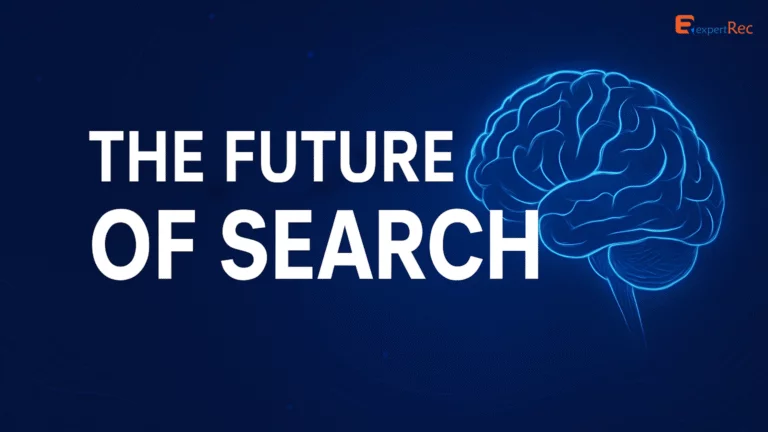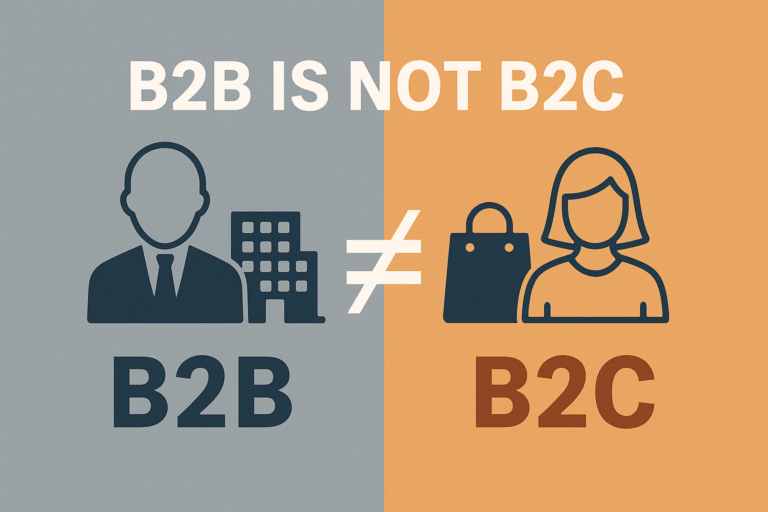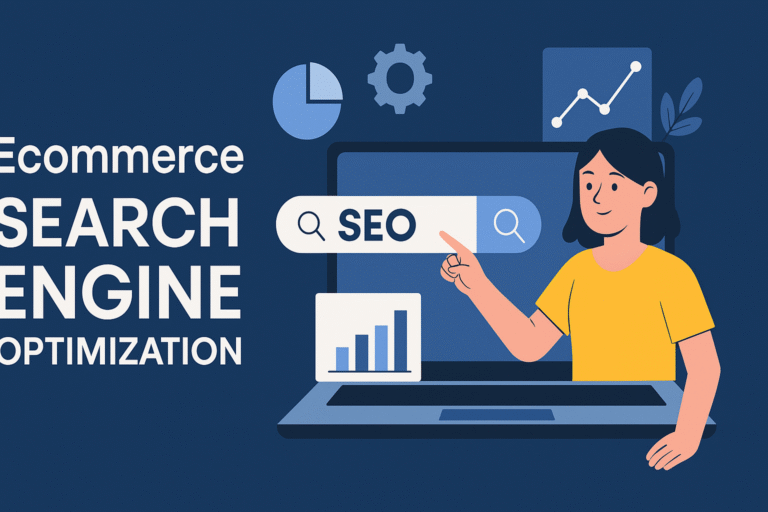In today’s digital landscape, the integration of Artificial Intelligence (AI) into search engines is revolutionizing how users access and interact with information online. From enhancing user experience to driving commercial growth, AI-powered search engines are becoming indispensable tools for businesses aiming to stay competitive.
Understanding AI in Search Engines
Artificial Intelligence in search engines leverages machine learning, natural language processing (NLP), and deep learning algorithms to comprehend user intent, context, and preferences. This enables more accurate, personalized, and efficient search results compared to traditional keyword-based methods.
Commercial Applications of AI in Search
1. Personalized User Experiences
AI algorithms analyze user behavior, search history, and preferences to deliver tailored content, enhancing user engagement and satisfaction.
2. Enhanced E-commerce Search
Retailers utilize AI to provide intelligent product recommendations, visual search capabilities, and dynamic filtering, improving the shopping experience and increasing conversion rates.
3. Voice and Conversational Search
With the rise of voice assistants, AI enables natural language understanding, allowing users to perform searches through spoken queries, making interactions more intuitive.
4. Predictive Analytics
AI-powered search engines can anticipate user needs by analyzing patterns and trends, offering proactive suggestions and solutions.
Technical Insights: How AI Enhances Search
Natural Language Processing (NLP)
NLP allows search engines to understand and interpret human language, including context, synonyms, and colloquialisms, leading to more relevant search results.
Machine Learning Algorithms
Machine learning models continuously learn from user interactions, refining search algorithms to improve accuracy and relevance over time.
Semantic Search
Semantic search focuses on the meaning behind queries rather than exact keyword matches, enabling a deeper understanding of user intent.
Expertrec: AI-Powered Search Solutions
Expertrec offers customizable AI search solutions designed to enhance website search functionalities. Key features include:
- Semantic Search: Understanding user intent to provide relevant results.
- Voice and Visual Search: Allowing users to search using voice commands or images.
- Personalized Recommendations: Tailoring suggestions based on user behavior.
- Easy Integration: Compatible with platforms like Shopify, WordPress, and Magento.
By implementing Expertrec’s AI search solutions, businesses can improve user experience, increase engagement, and drive conversions.
Conclusion
The integration of Artificial Intelligence into search engines marks a significant advancement in how users interact with digital content. By embracing AI-powered search solutions like Expertrec, businesses can offer enhanced user experiences, stay ahead of technological trends, and achieve greater commercial success.
For more information on Expertrec’s AI search solutions, visit Expertrec.
FAQs
Q1: How does AI improve search engine results?
AI enhances search results by understanding user intent, context, and behavior, leading to more accurate and personalized outcomes.
Q2: Can AI-powered search engines handle voice queries?
Yes, AI enables search engines to process and understand voice inputs, facilitating hands-free and conversational searches.
Q3: Is integrating AI search solutions like Expertrec complex?
No, Expertrec offers easy integration with various platforms, requiring minimal technical expertise.
Q4: How does AI impact SEO strategies?
AI influences SEO by prioritizing high-quality, relevant content and user experience, encouraging marketers to focus on content that meets user needs.




